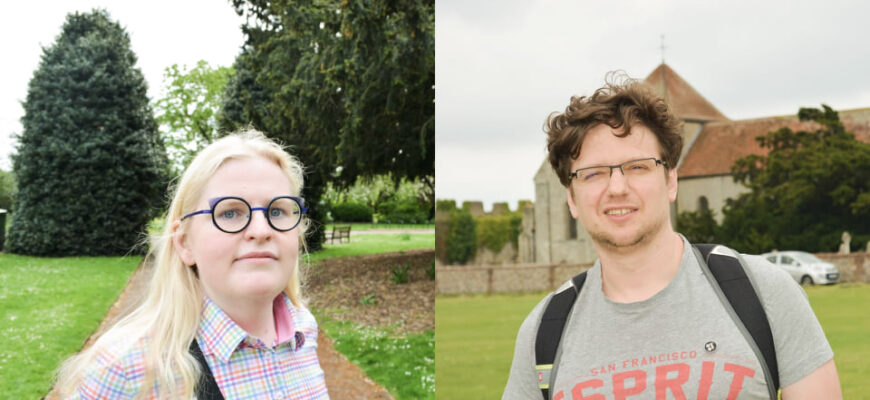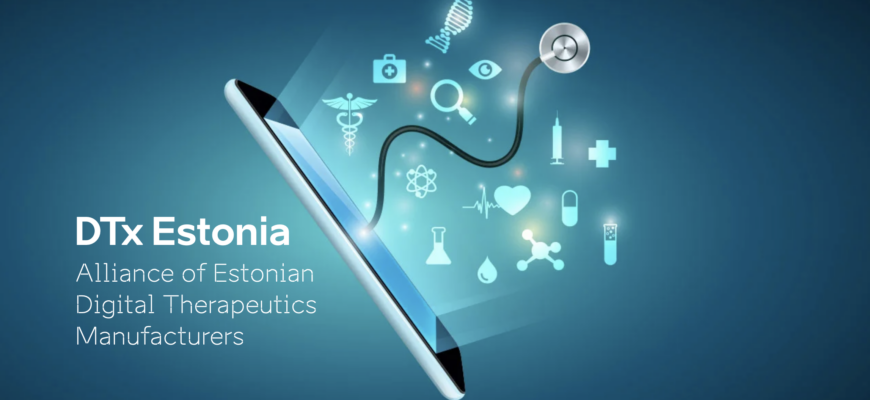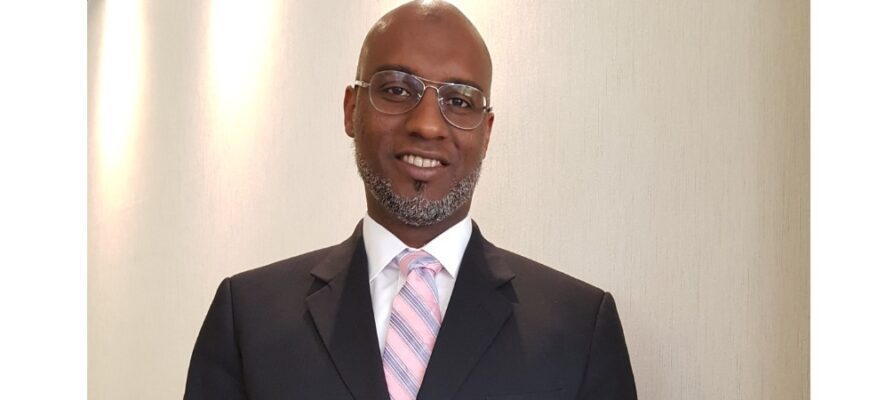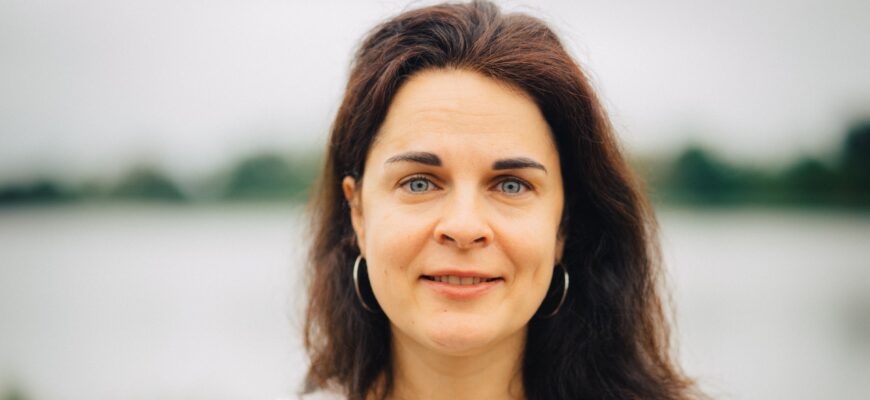- 13/04/2021
- by Health Founders
We sat down (once again virtually) with the founders of Neurosalience, next team from our Spring Program 2021, to hear and share about their breakthrough vision of developing a tool that is first in the world for early detection of dementia from structural MRI scans.
Meet Ksenia Sokolova, Co-Founder and CEO and Michael Sokolovs, Co-Founder and CTO.
What is the problem you are solving?
Ksenia: Current diagnostic pipeline for dementia only allows to start treatment and lifestyle changes once the symptoms have already occurred. Screening programmes are recommended by the experts in multiple countries in the world, but they are not launched as the only clinically approved tool is cognitive testing which is inaccurate. On the other hand, there is existing research showing that early interventions can significantly improve outcomes for patients.
Michael: We are developing a tool for early detection of Dementia from structural MRI and CT scans. We assess patient’s brain age and compare it with patient’s chronological age. If the difference is greater than four years, it means accelerated brain ageing has occurred and the patient is at risk of developing neurodegenerative conditions.
Why is now the right time to solve this problem?
Michael: In developed countries due to ageing population the number of dementia cases is growing rapidly. More and more people are also at risk as life expectancy increases. It is estimated that it could cost up to 35K EUR per patient per year.
Ksenia: In a number of developed countries there is currently a heated discussion on screening and early diagnostics for dementia. This creates a market in the future of us.
How are you different from your competitors?
Michael: Neurosalience is the only tool in the world that detects dementia based on low resolution MRI data and CT scans. Our tool is capable of detecting accelerated brain ageing years before the first symptoms will become apparent. At this stage risk of dementia can be even eliminated in some cases if appropriate measures are taken.
Ksenia: Being able to assess the risk of dementia from low resolution MRI data as in clinical practice not all MRI data is acquired at the highest possible resolution. The data acquired using older scanners also has not the best currently possible resolution. This allows us to re-use already existing data for assessing the risk of dementia.
What is the recipe for a successful team?
Michael: Combination of right skill set, positive attitude and passion for the product they are building. It is also important that the team members share the same values.
Ksenia: In successful team its members are competent in the tasks they are responsible for. Another important aspect for a successful team for people to have a “fit” among each other, i.e. being able to work productively together by sharing the same values.
What will be written in newspaper headlines about your company in 5 years?
Neurosalience team: “Neurosalience has made population-wide dementia screening possible in Scandinavia, Baltics and the UK!”
Find out more about Neurosalience: https://www.neurosalience.com




